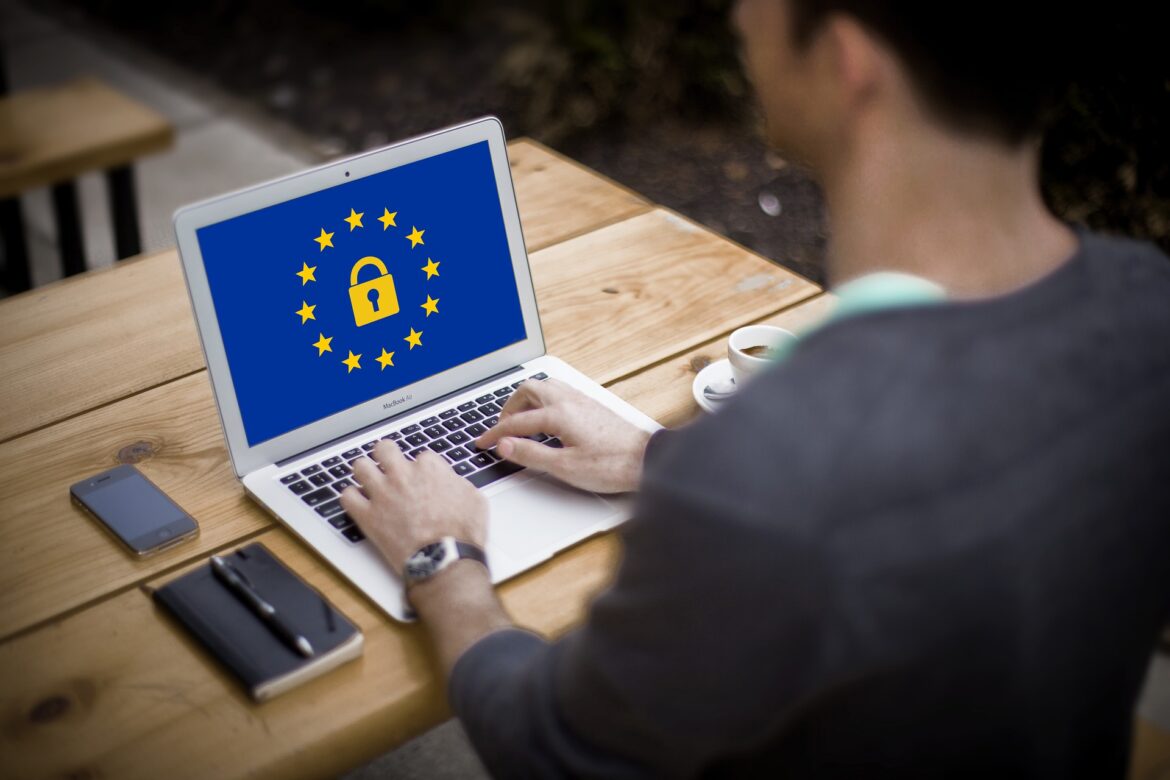Breaches in the confidentiality of personal information gathered in the regular course of commercial or business activities have been in the news for many years with little to no compliance action until recently.
The implementation of the General Data Protection Regulation (GDPR) on May 4th, 2016 was put into motion on May 25th, 2018 and has since been an integral part in keeping personal and sensitive data safe from those who wish to use it maliciously.
GDPR has evolved through the first full year of application, making it much more difficult for many companies to stay compliant and stave off colossal fines within GDPR regulations (Google included).
Many American-based companies feel that since the original terms of GDPR were drawn up for the European data market that they do not apply to their company. Unfortunately, many organizations’ digital operations exist in a globally manufactured web of platforms that fall under the jurisdiction of this data protection regulation, GDPR.
A plethora of global companies are searching high and low for sustainable solutions, to realize that the key to data protection compliance has been baked into GDPR all along. That solution lies with a company’s Data Protection Officer (DPO). This article will serve as a high-level understanding of a DPO’s role as it pertains to a data protection officer GDPR requirements and responsibilities, how to hire a good DPO, and which organizations and legal entities are required to appoint a DPO.


